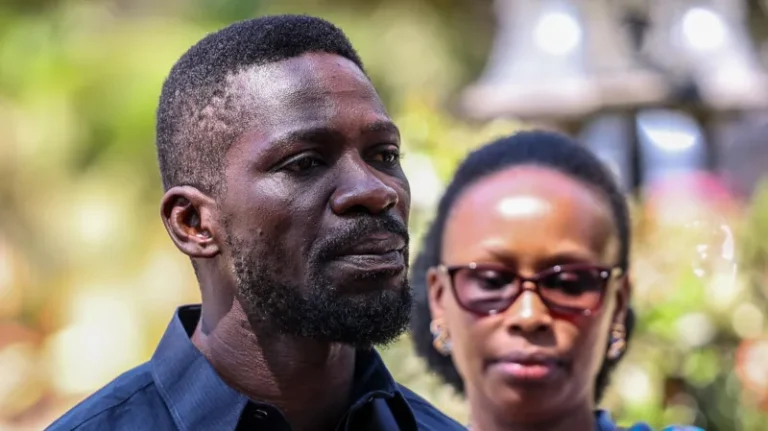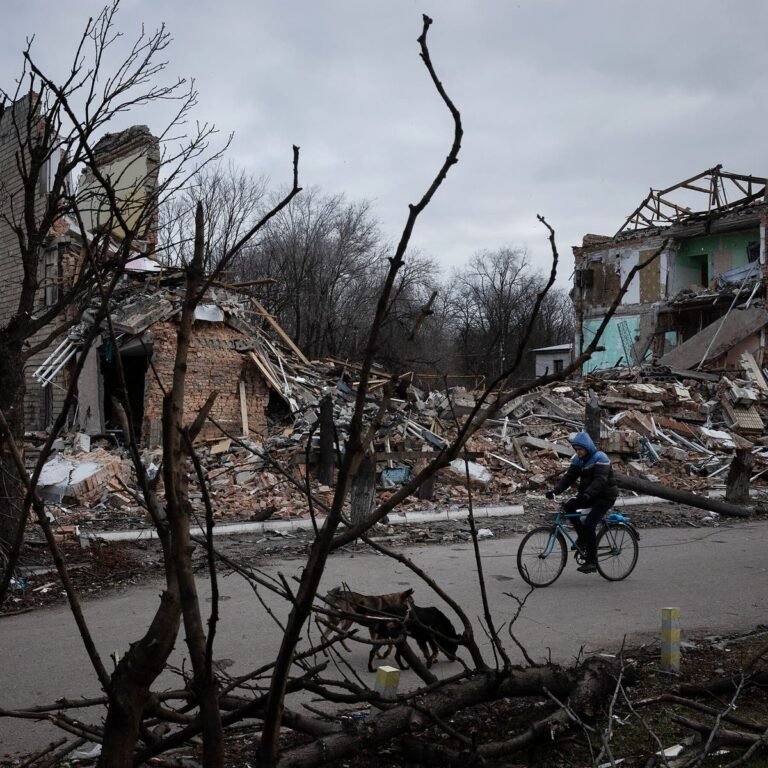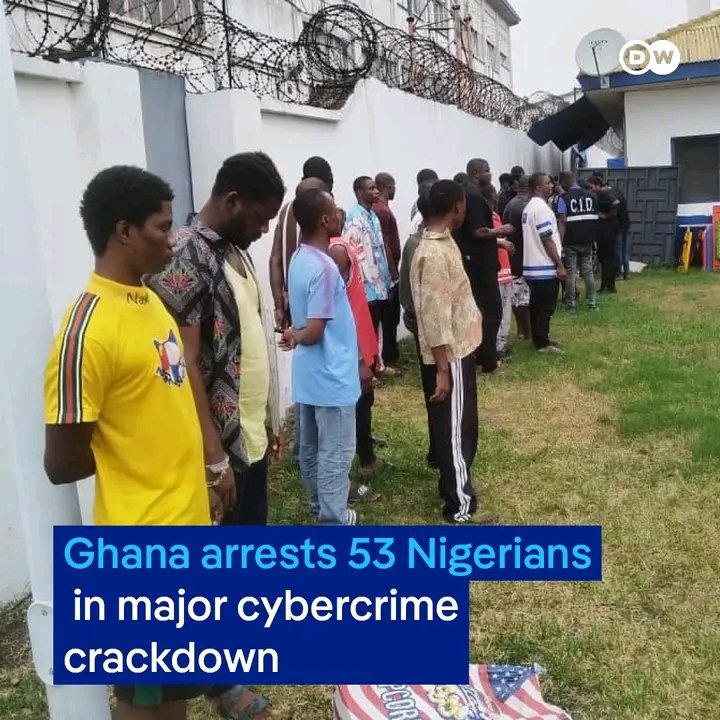
KAMPALA, UGANDA – A historic photograph from January 2006 has resurfaced in public discourse, depicting opposition leader Dr. Kizza Besigye arriving at the High Court in Kampala for a trial on a charge of rape. The image serves as a stark reminder of the state’s treatment of political challengers, a pattern many argue continues to this day.
The context of the 2006 case was highly charged. Dr. Besigye, who had been the runner-up to President Yoweri Museveni in the 2001 election, had just returned from exile in South Africa to contest the presidency a second time. Upon his return, he was immediately arrested by the state.
The charges were severe: the rape of Joanita Kyakuwa, a university student who had been a guest at his home. The trial, however, quickly unraveled. In a stinging dismissal, the presiding judge, John Bosco Katutsi, threw out the case, lambasting the evidence presented by the Criminal Investigations Directorate (CID) as “crude and amateurish.” Justice Katutsi pointed to “major conflicts” in the testimony of the alleged victim and strongly suggested the trial was “politically motivated.”
Despite the eventual dismissal, the legal proceedings achieved a key objective: they sidelined Besigye during the critical campaign period. While his main opponent campaigned freely, Besigye spent a significant portion of the election season behind bars and shuttling between courtrooms.
Simultaneously, the state hit Besigye with a second major charge: treason. Among those accused alongside him was his younger brother, Kifefe Ssaasi. Tragically, Ssaasi’s story ended in the most devastating way. Held in what were described as despicable prison conditions, his health severely deteriorated. His repeated pleas for medical release were denied by prison authorities who insisted they could provide adequate care. They could not. By the time he was finally transferred to Mulago Hospital, it was too little, too late. Kifefe Ssaasi died in state custody.
This history is now being invoked as a lens through which to view the current treatment of opposition members, particularly those affiliated with the National Unity Platform (NUP). As another election cycle approaches, the pattern of arrests and detentions has intensified.
The article argues that the state’s actions are not a response to specific provocations, such as organizing a mock parade, but are an intrinsic feature of its response to any viable opposition.
“We know how the Ugandan state treats the opposition and its members in the months leading to a general election,” the commentary states. “What we have is a leopard born with big spots. The spots may be less visible from a distance, or at night, but they are always there.”
The piece concludes with a powerful assertion: “The only provocation is NUP existing as a political party opposed to the NRM and having members.”
The resurfacing of this 18-year-old story underscores a long-standing demand from human rights advocates and opposition supporters: the immediate and unconditional release of all political prisoners in Uganda.








